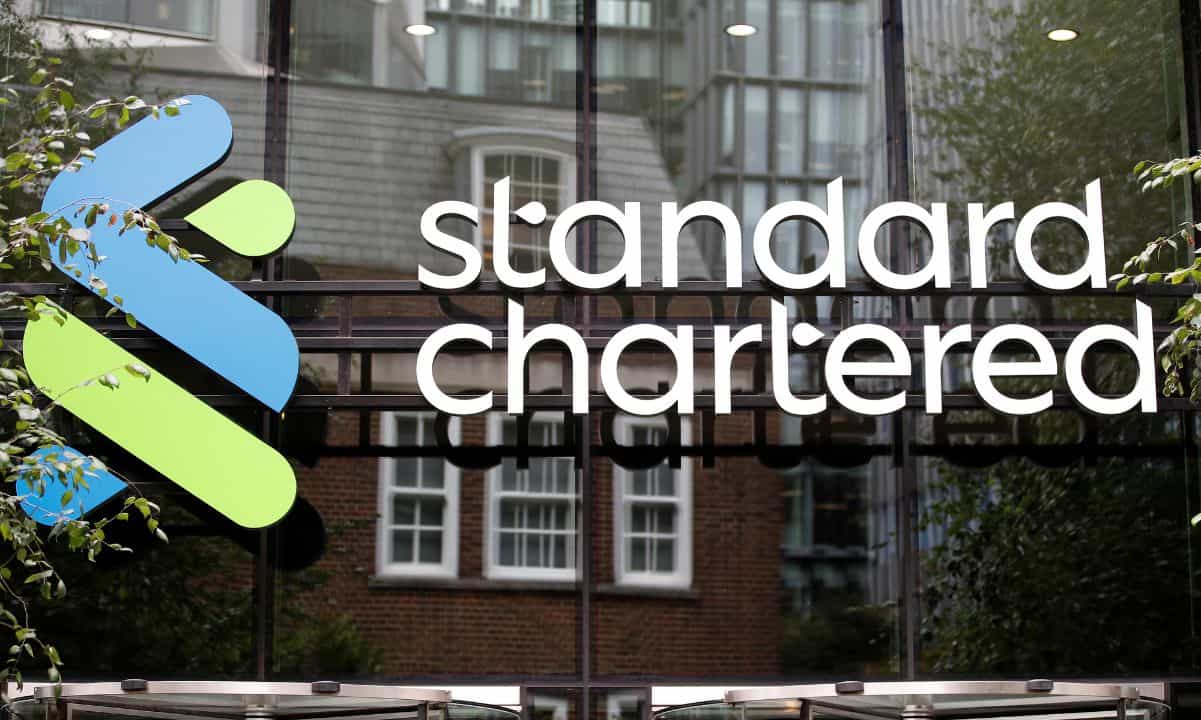Standard Chartered Launches Luxembourg Entity for EU Crypto Custody

Standard Chartered has announced the launch of a new entity in Luxembourg to serve as its regulatory entry point for providing crypto and digital asset custody services to clients within the European Union (EU).
The multinational bank’s initial crypto services in the region will focus exclusively on Bitcoin (BTC) and Ethereum (ETH), with plans to expand to additional assets later in 2025.
Luxembourg Launch
According to the official press release, the Luxembourg entity leverages the country’s balanced regulatory and financial environment to meet growing client demand in the EU. Meanwhile, Laurent Marochini has been appointed CEO of the new entity. Interestingly, Marochini was the former Head of Innovation at Société Générale.
Commenting on the new entity, Margaret Harwood-Jones, Global Head of Financing & Securities Services, at Standard Chartered, said,
“We are really excited to be able to offer our digital asset custody services to the EU region, enabling us to support our clients with a product that is changing the landscape of traditional finance, whilst also providing the level of security that comes with being an appropriately regulated entity. We are incredibly proud to be paving the way for our institutional clients to access the digital asset ecosystem.”
The Luxembourg expansion comes on the heels of Standard Chartered’s decision to launch crypto custody services in the United Arab Emirates (UAE). The bank revealed that its digital asset custody offerings would initially focus on Bitcoin (BTC) and Ethereum (ETH), in collaboration with Brevan Howard Digital, the crypto arm of hedge fund Brevan Howard.
The latest development follows the implementation of the Markets in Crypto Assets (MiCA) regulation and is part of the banking giant’s global strategy to expand its digital asset offerings.
MiCA’s Rules For Exchanges
Under the MiCA regulation, crypto exchanges classified as Crypto-Asset Service Providers (CASPs) must adhere to a strict framework to operate within the EU. These requirements include obtaining authorization from national regulatory authorities, meeting financial stability benchmarks, as well as ensuring operational transparency.
Exchanges must also implement strong consumer protection measures, such as clear terms of service, fee disclosures, and robust security systems to safeguard user funds and data. Additionally, they are required to maintain transparency by reporting trading volumes, disclosing conflicts of interest, and keeping detailed transaction records.
Additionally, MiCA’s anti-money laundering (AML) provisions require exchanges to enforce Know Your Customer (KYC) processes, monitor transactions for suspicious activity, and retain data to support investigations. Meeting these standards often requires advanced compliance technologies and significant resource investments.
Smaller exchanges, in particular, face challenges in meeting financial stability requirements and implementing sophisticated compliance infrastructure.
Binance Free $600 (CryptoPotato Exclusive): Use this link to register a new account and receive $600 exclusive welcome offer on Binance (full details).
LIMITED OFFER for CryptoPotato readers at Bybit: Use this link to register and open a $500 FREE position on any coin!



